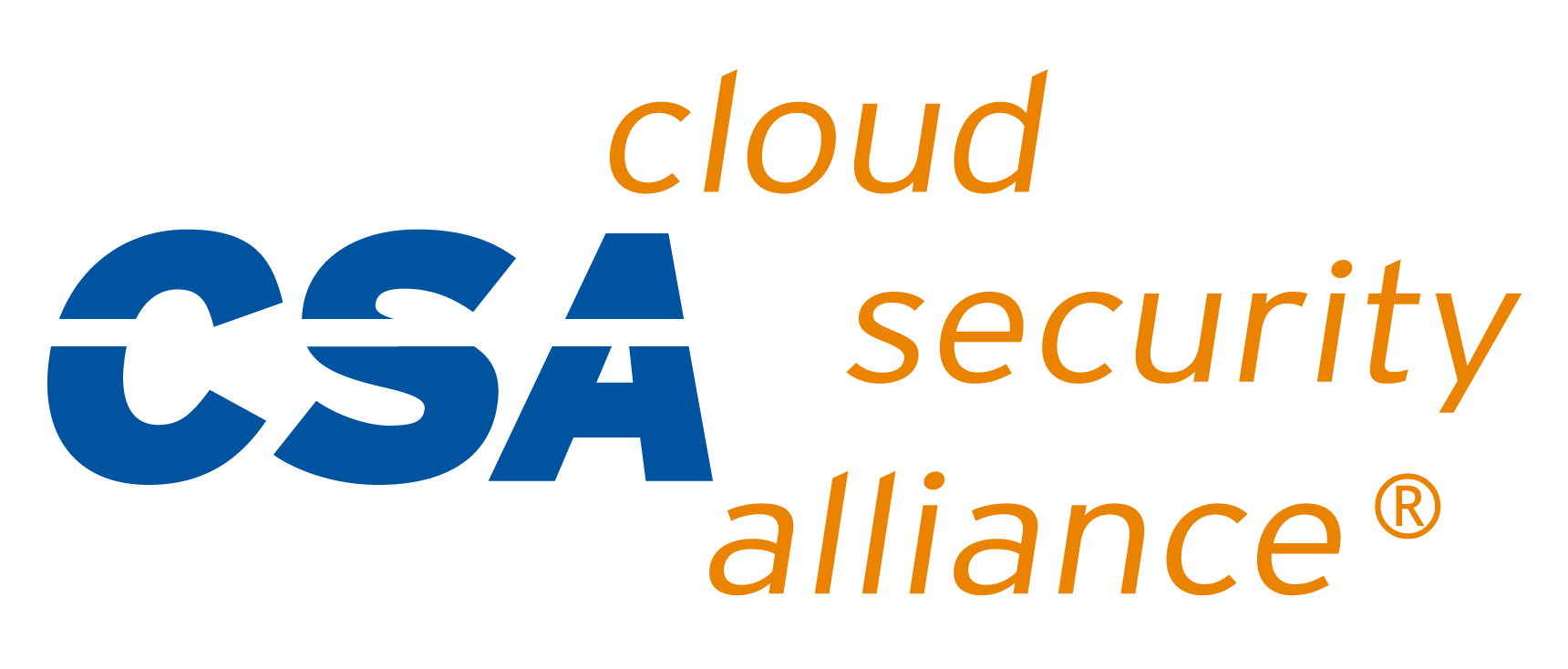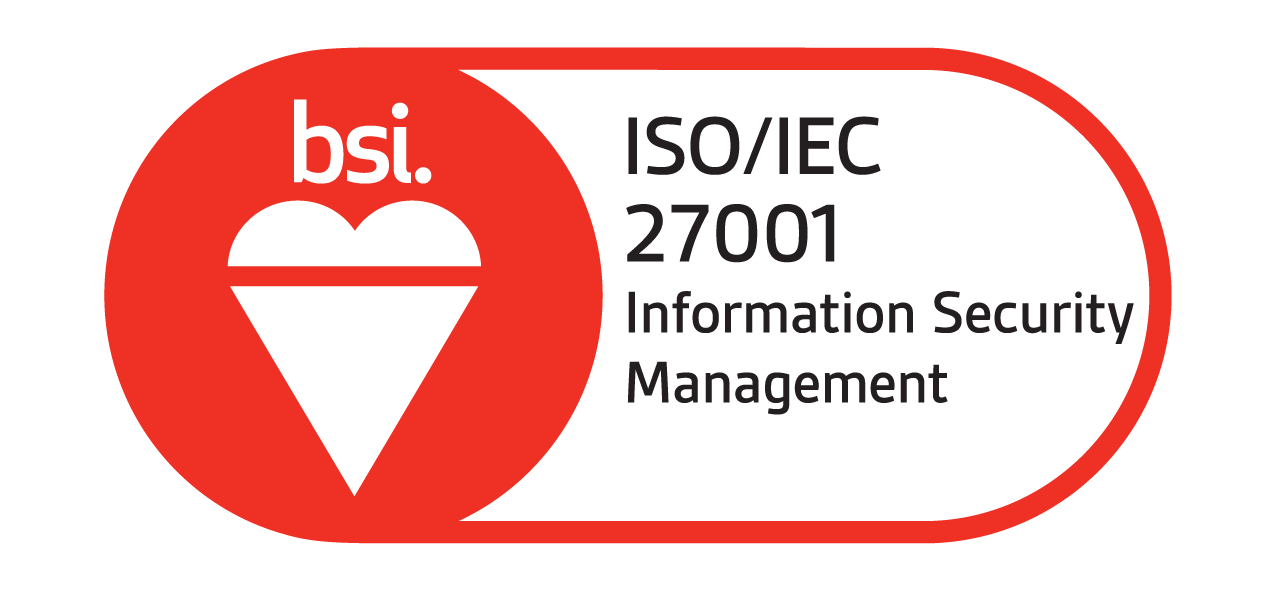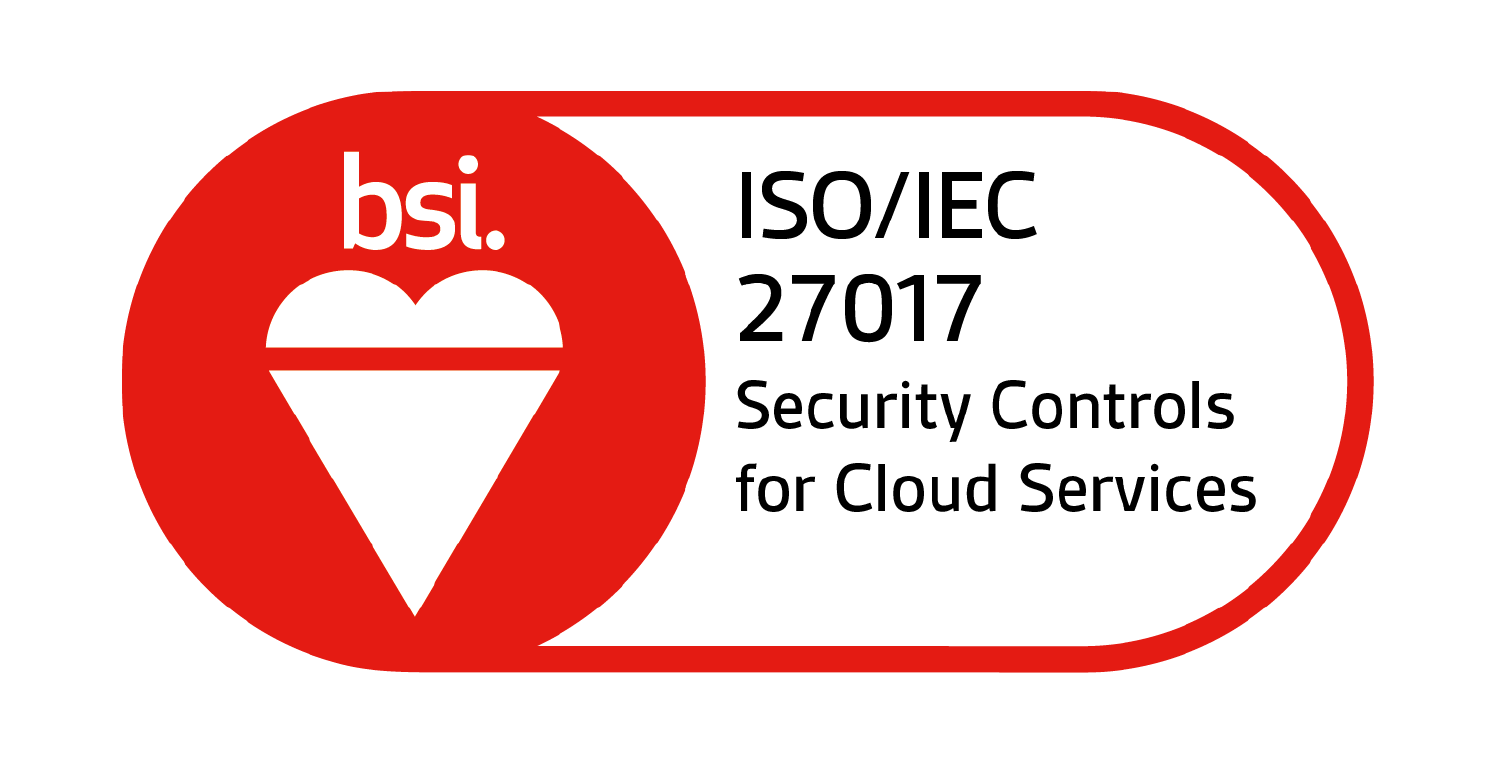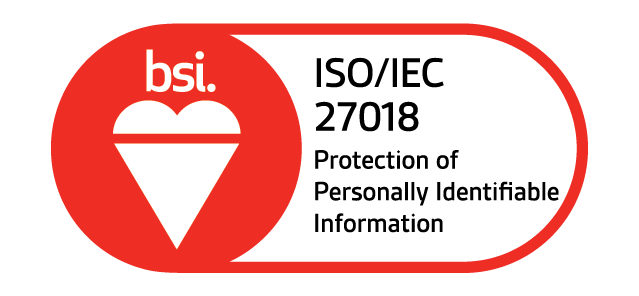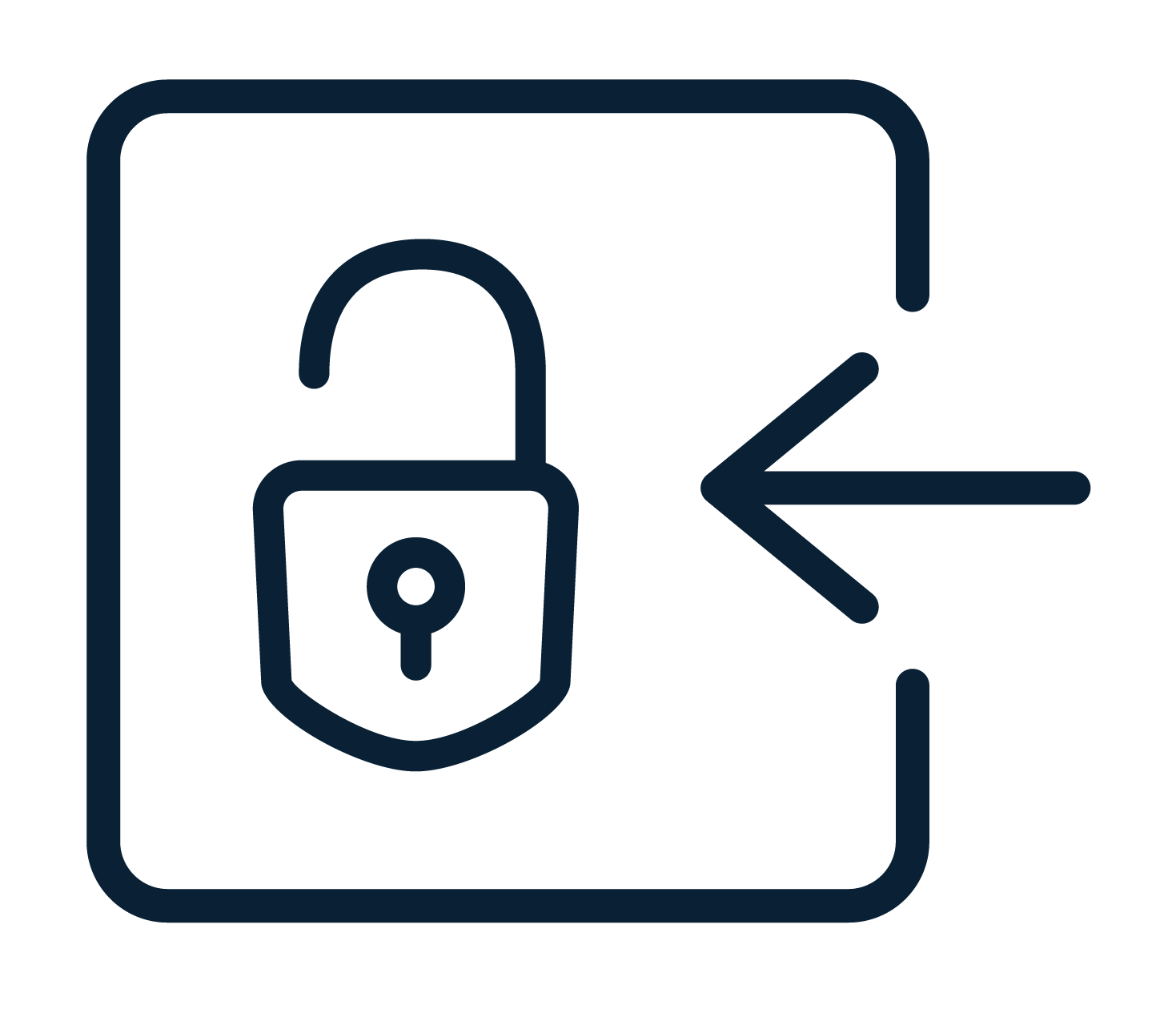GDPR Compliant
The General Data Protection Regulation (GDPR) 2016/679 is a regulation in EU law on data protection and privacy for all individual citizens of the European Union and the European Economic Area. It also addresses the export of personal data outside the EU and EEA areas.
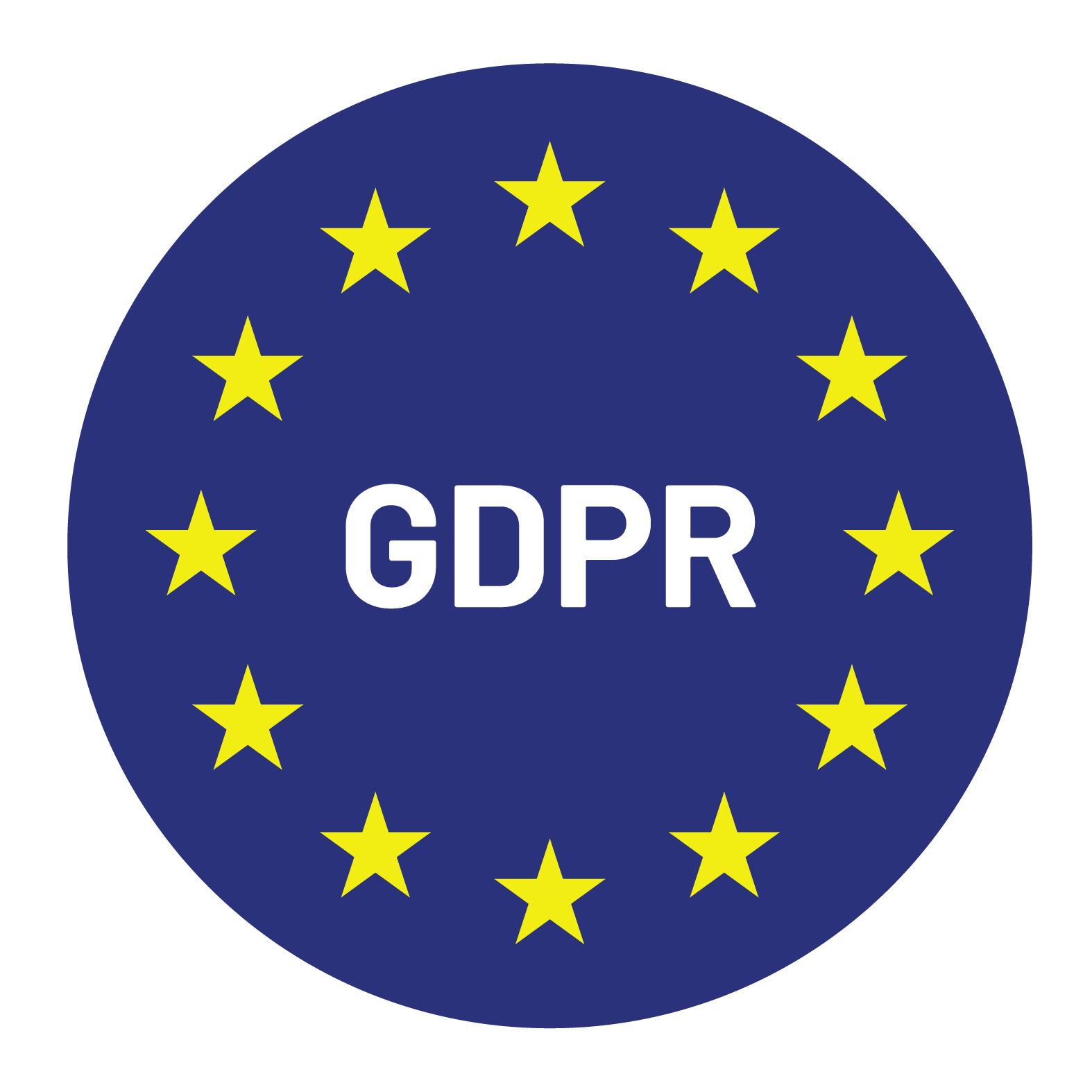
The General Data Protection Regulation (GDPR) came into force in the European Union (EU) on May 25, 2018. It is clear that the GDPR isn’t just a European law but one that affects every business processing personal data belonging to EU citizens, regardless of where they operate from. Effectively that brings many businesses around the world under the scope of the new data protection legislation. The GDPR proposes the levy of heavy financial penalties on companies not adhering to the law, which means that non-compliance is not an option for businesses if they want to deal with EU citizens.
To be compliant with the GDPR, companies must make a number of changes within their organizations. These changes don’t just pertain to the method of customer personal data processing but also to the philosophy of data acquisition and processing. The main objective of the GDPR is to “enhance data protection rights of individuals.” In more elaborate terms, the GDPR aims at forcing companies to give utmost priority to customers’ privacy while improving transparency around how their personal data is processed. The new data protection regulation is designed to upend the current data processing paradigms and put control of personal data back in the hands of the owner.
But that’s not all. In the words of the GDPR itself, another important aim is “to improve business opportunities by facilitating the free flow of personal data in the digital single market.” One of the interpretations of this aim is that the GDPR intends to harmonize existing data protection laws within Europe into one unified law across all European countries. However, it can also be interpreted in another context. The GDPR has, in some quarters, been projected as a steel rope that will strangle businesses while giving consumers a large upper hand. That is hardly the case. The GDPR also envisages an open world where personal data flows freely between countries and organizations. But at the same time, it also intends to make certain that individual rights and freedoms are not compromised.
The LoginRadius Customer Identity and Access Management Platform gives you access to the products and features that you need to easily allow for building customer consent and control into every step of your customer journey. LoginRadius Platform is fully compliant with the GDPR process and rules.



